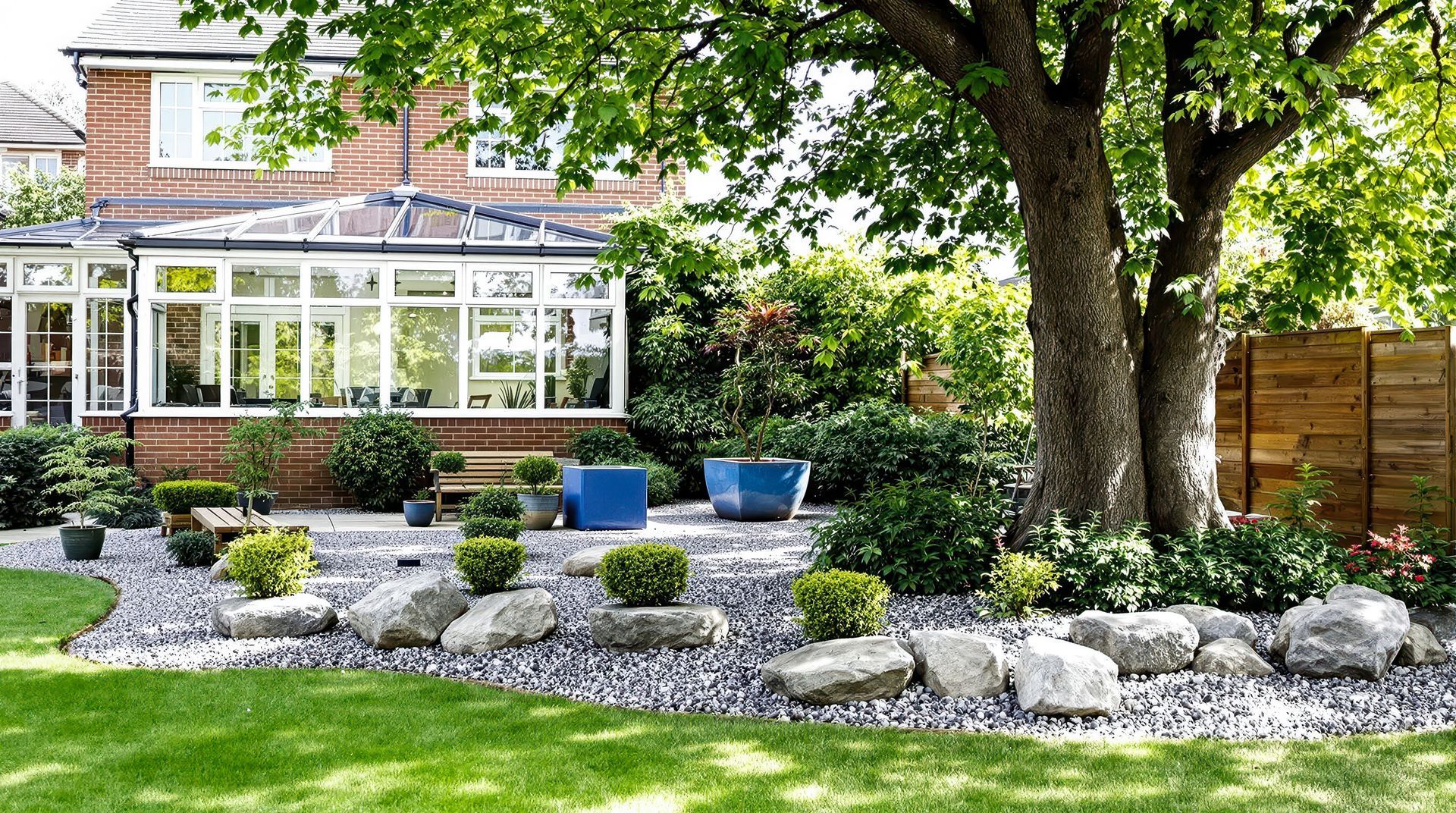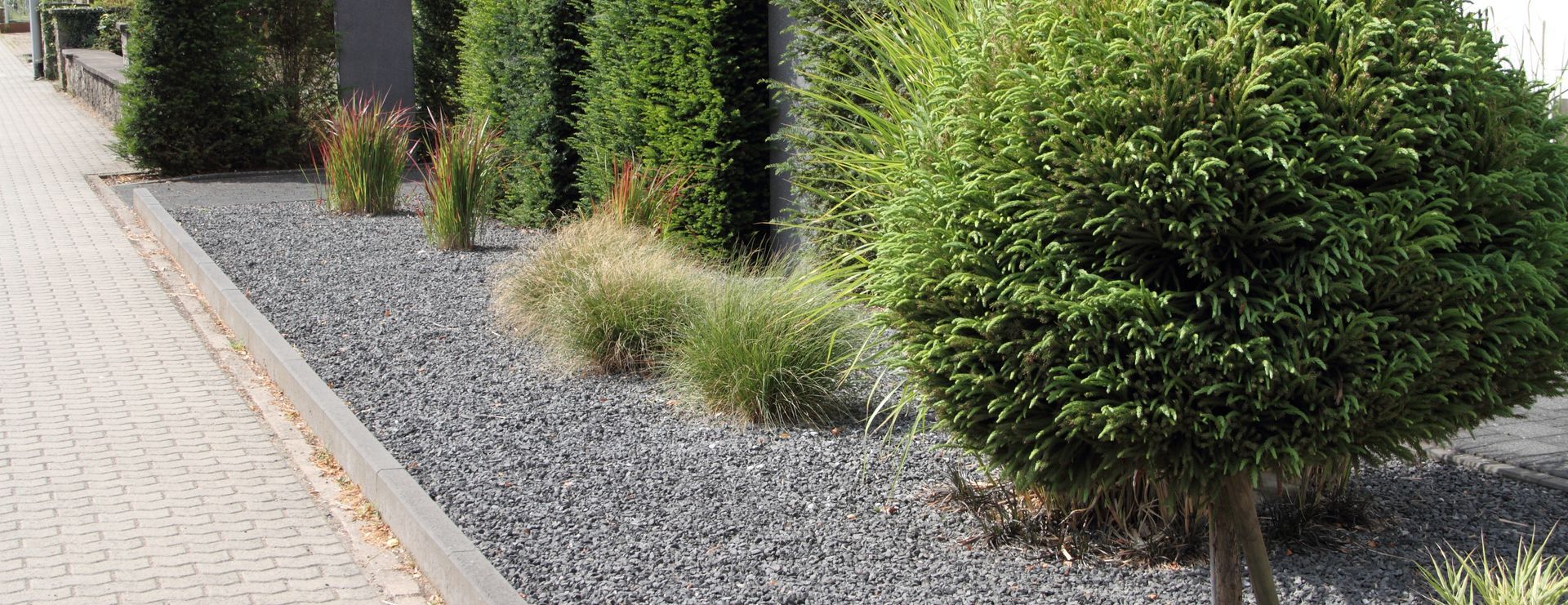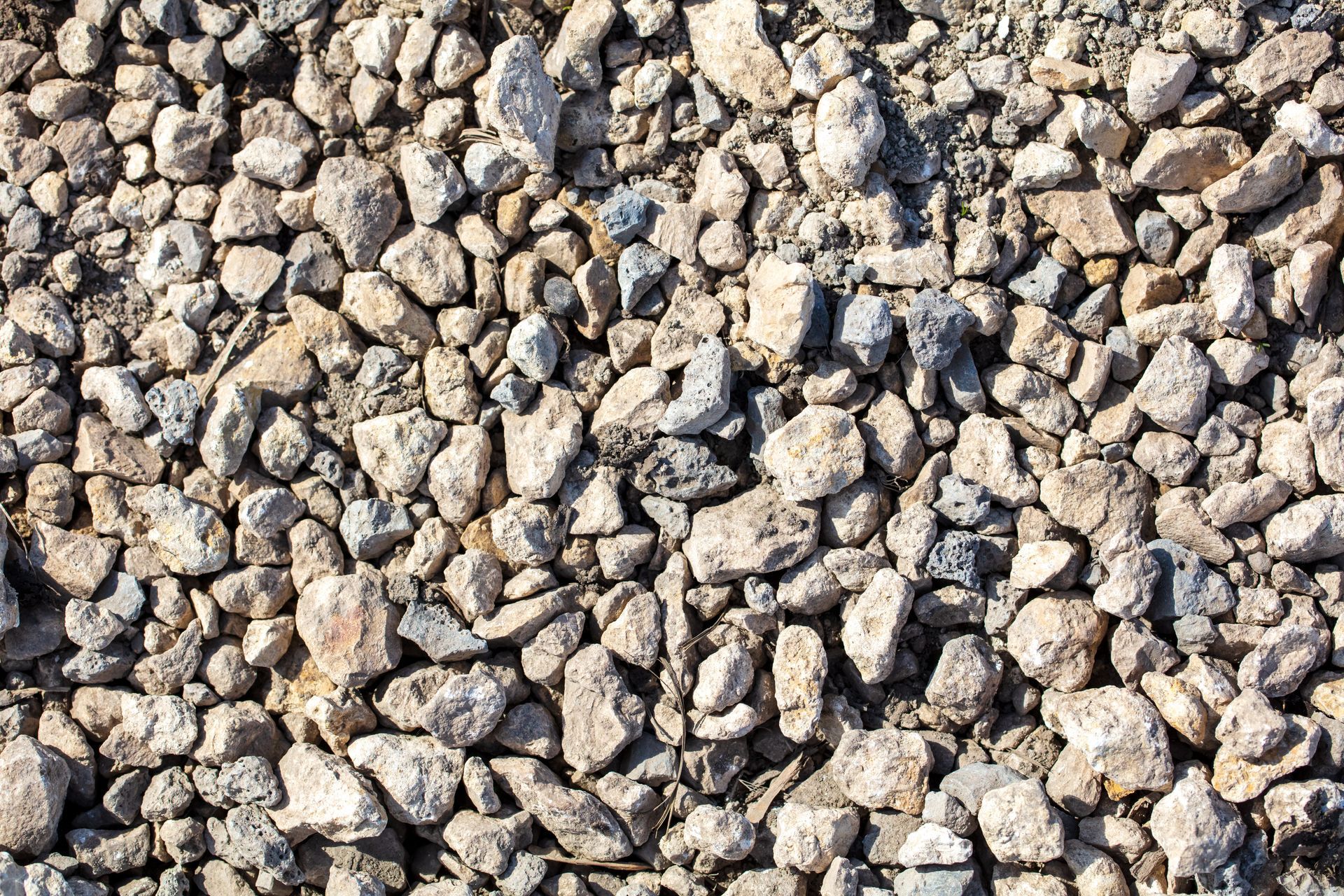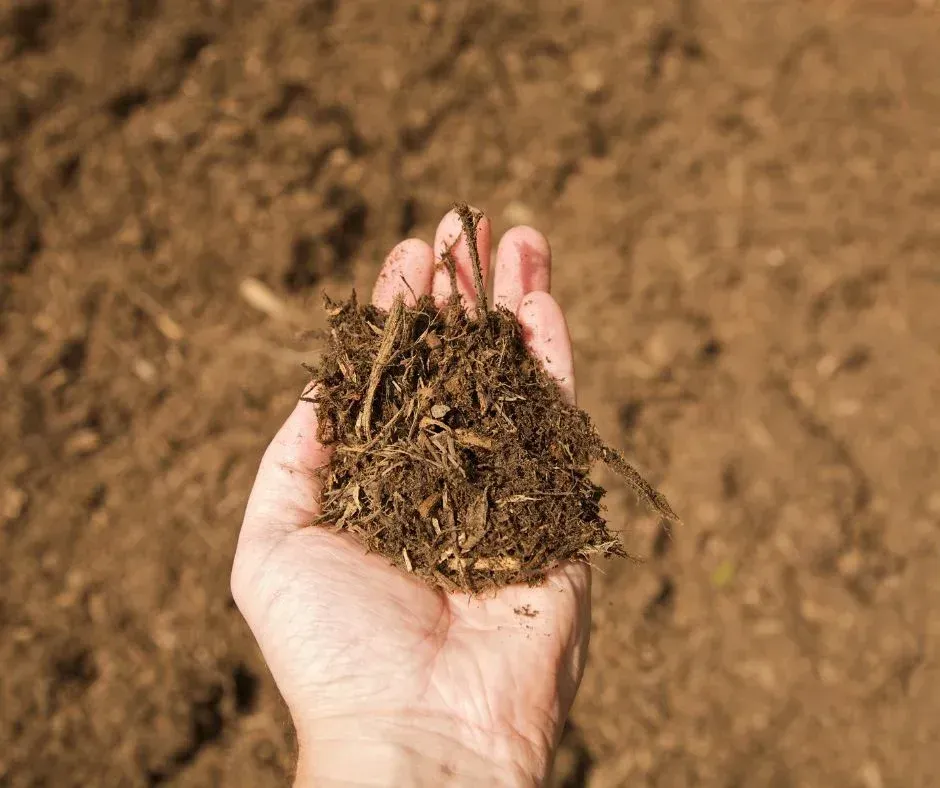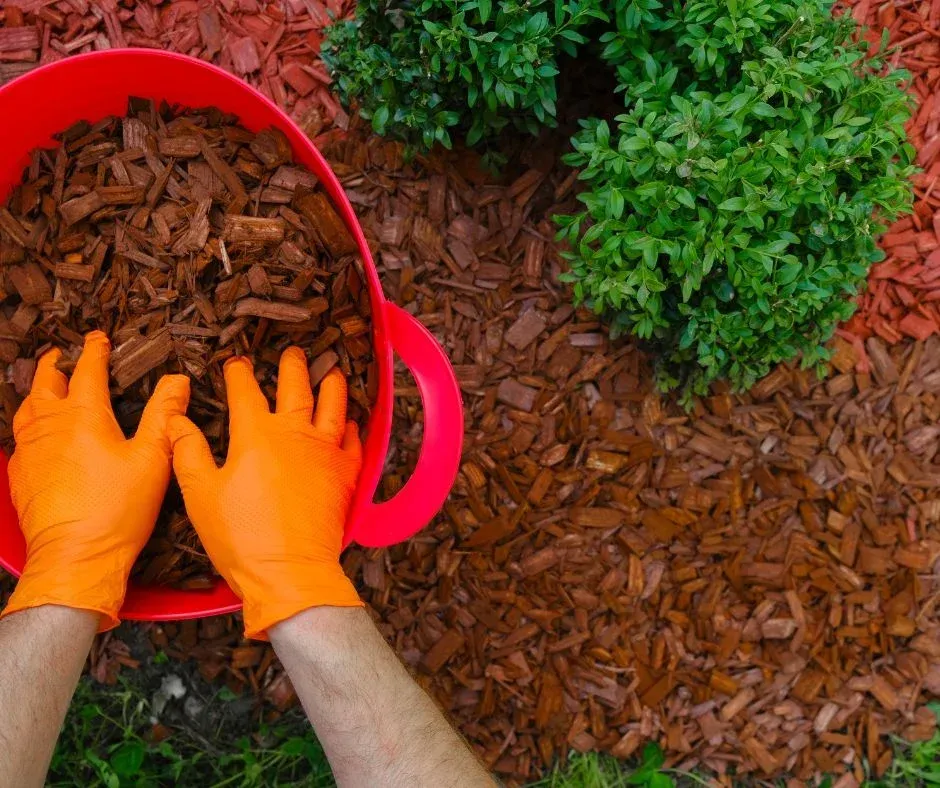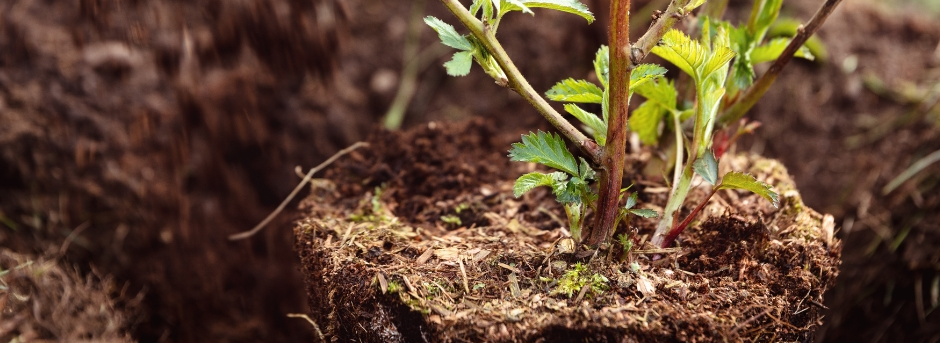Mulch as a Natural Weed Suppressor: Strategies for Weed Control in Gardens
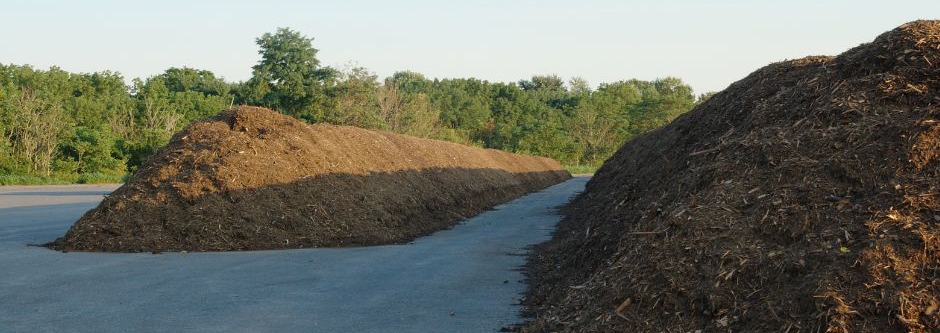
Weeds are the bane of every gardener's existence, often competing with desired plants for nutrients, water, and sunlight. Traditional methods of weed control such as pulling, hoeing, or chemical herbicides can be time-consuming, labor-intensive, and harmful to the environment. However, there exists a natural solution that not only suppresses weeds but also enriches the soil: mulch. Mulch serves as a protective barrier, inhibiting weed growth while providing numerous benefits to your garden ecosystem.
Types of Mulch
Before delving into strategies for weed control using mulch, it's essential to understand the different types available:
- Organic Mulch: Made from natural materials like wood chips, straw, leaves, or grass clippings, organic mulch decomposes over time, enriching the soil with nutrients.
- Inorganic Mulch: Materials such as plastic sheeting or rubber mulch fall under this category. While inorganic mulches effectively suppress weeds, they do not add nutrients to the soil and may require replacement over time.
- Living Mulch: Certain ground covers like clover or creeping thyme can serve as living mulch, effectively suppressing weeds while adding beauty to your garden.
Strategies for Weed Control with Mulch
Now, let's explore effective strategies for using mulch to control weeds in your garden:
- Preparation: Before applying mulch, it's crucial to prepare the soil by removing existing weeds and debris. This ensures that the mulch can create a barrier against weed growth more effectively.
- Layering: Apply a thick layer of mulch, typically 2-4 inches deep, across the entire garden bed. Ensure that the mulch covers the soil completely, leaving no space for weed seeds to germinate and thrive.
- Choosing the Right Mulch: Select mulch materials that are appropriate for your garden's needs and aesthetic preferences. Organic mulches like wood chips or shredded bark not only suppress weeds but also break down over time, improving soil structure and fertility.
- Maintenance: Periodically check your mulch layer for signs of thinning or decomposition. Add fresh mulch as needed to maintain the desired thickness and weed-suppressing effectiveness.
- Mulch Combinations: Experiment with combinations of different mulch materials to enhance weed control and soil health. For example, mixing organic mulch with a layer of cardboard underneath can provide an extra barrier against persistent weeds.
- Regular Weeding: While mulch effectively suppresses weed growth, some weeds may still emerge. Regularly inspect your garden beds and promptly remove any weeds that manage to penetrate the mulch layer before they can establish themselves.
Mulch serves as a versatile and eco-friendly tool for weed control in gardens. By utilizing the right mulch materials and implementing effective strategies, you can enjoy a weed-free garden while simultaneously improving soil health and promoting plant growth. Embrace mulching as a natural and sustainable approach to weed suppression, and watch your garden flourish with vitality and beauty.
